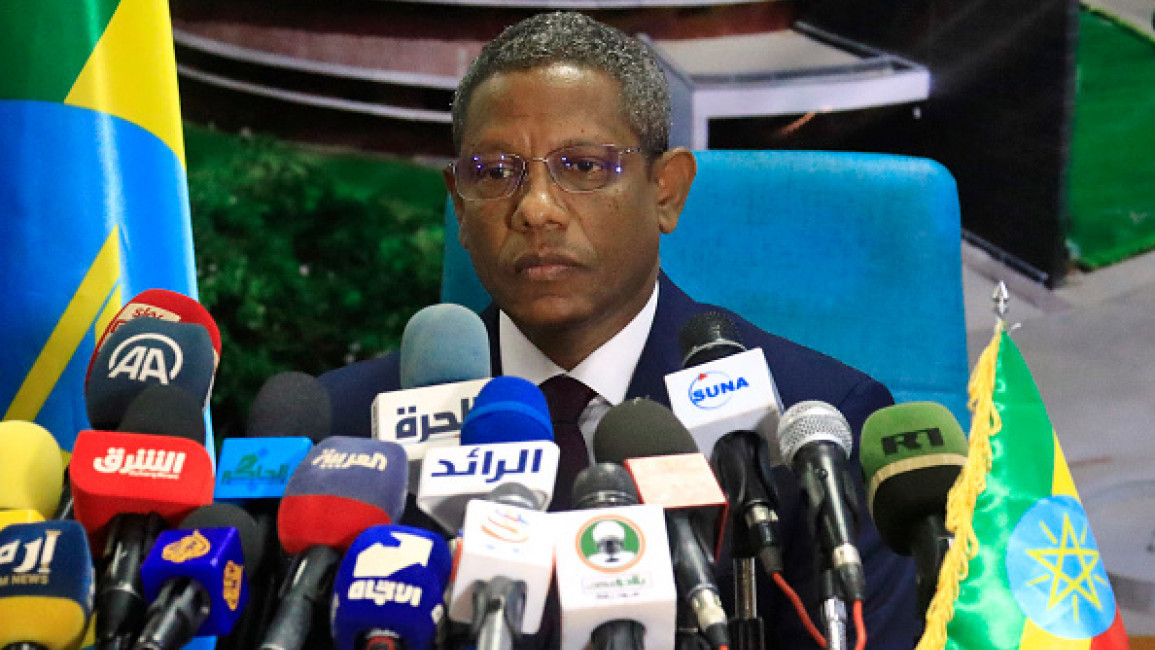Idris Ali’s novel captures a man’s futile struggle to reverse history
“Who is Dongola? Is it that woman’s name? Awad Shalali’s wife asked him of the name that had driven her husband’s passion for years, eventually led to his imprisonment and to years of living as a fugitive.
“Stupid! responded Shalali. “Dongola is a city in Sudan. The people there speak our language, and in ancient times, it was the capital of Lower Nubia. Nubia had a ruler, and knights, and learning, and it was independent. Now do you know what Dongola is?
Awad Shalali’s Dongola, the capital of medieval Nubia, however, no longer exists.
It was the utopia on which he had pinned his dreams. It was the assurance he needed that what remained of Nubian culture today was only a shadow of its past, and that they were once fierce warriors that commanded respect, instead of subservient disenfranchised citizens.
Idris Ali’s “Dongola , the first Nubian novel ever to be translated, is a discourse on the trials of understanding cultural identity. It’s a powerful story that engages the reader in a debate: Are we the product of our past, or victims of our present?
For Awad Shalali the present offers nothing but disillusionment. Growing up in a Nubian village in Upper Egypt, relocated to shanty-style homes when the shores of Lake Nasser swallowed up their hometown, he learnt that his people were valued less than the monuments that were rescued – no expenses spared.
As a Muslim he learnt that piety did not prevent people from committing heinous crimes. Adopting communism with the conviction that everyone was entitled to social equality, he lent the leaders of the new, nationalist government his support.
That was the final nail in the coffin of his faith. His “comrades turned on him and Shalali was thrown into prison for ten years.
When he was released, Shalali had only one consolation: to look to the past. Labeled a dissident, he returned to his village and preached the resurrection of Nubia.
The insubordinate Shalali preached to the local authorities who had brought him in on charges of instigating anti-government sentiment: “My homeland is the land of Nubia, which has been consumed by the pages of history. We were, but you made us not be. I have come to you to bring a lawsuit against the builders of the dam and the reservoir, and to seek my old borders, from Aswan to old Dongola, to establish a provisional government.
And rather than become a hero among his people, Shalali became a stigma. The villagers were wary of him. The mayor denounced him: “This boy, Hushia’s son, is mad – totally mad. How can he incite us against a government that moved us from the mountains and saved us from starvation, which gave us ready-made houses for compensation? They celebrated our coming and built us schools and hospitals. We are not ungrateful people. . The people of Egypt are our people.
As the story unravels, Ali makes it difficult for readers to hail Shalali as a hero. Shalali flees his home, and thus his cause. He abandons his widowed mother, leaving her at the mercy of her neighbor’s charity. The one rebel friend that helps him escape from authorities across the border to Sudan is later persecuted. Even the mayor is ousted from his post for failure to quell the dissident. His personal struggle for identity becomes selfish not noble.
Working abroad he falls in love with Simone, a French professor of oriental history. She frees him of his “Dongola complex . “She told him that history was just the dusty past and that to be obsessed with it just meant illness and death. What he had been was gone, and his dreams of a Nubian state were naïve, and just an injury of history.
But what does she know about losing one’s history, or being a second-class citizen?
Shalali abandons his dreams of Dongola and returns home to visit his mother. The new mayor puts him on trial. They had taken on the responsibility of his abandoned mother, now blind and now it was time for him to be accountable. He has a choice of either getting married so that his wife would care for his mother, or to take his mother abroad with him if he travels. He decides to get married – adding one more name to his list of victims.
Idris Ali is not an author out to please his readers. There is no sympathetic hero, there is no happy ending.
Instead “Dongola reminds us that there is no justice, and that we are all victims. Turning the last page leaves you feeling angry, and uncomfortable. The many layers of Ali’s novel leave you with more questions than answers. A provocative read, “Dongola will stay with you long after it returns to the bookshelf.
Dongola: A Novel of NubiaBy Idris AliTranslated by Peter TherouxThe American University in Cairo Press, 1998
Meet Idris Ali today, at the Cairo International Book Fair, in the AUC Press Naguib Mahfouz Pavilion. Nasr City Fair Grounds, 1 to 3 pm.


